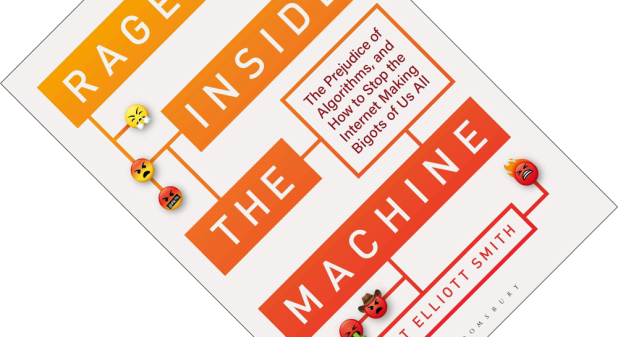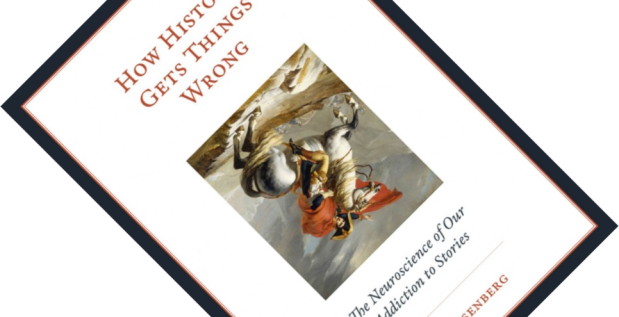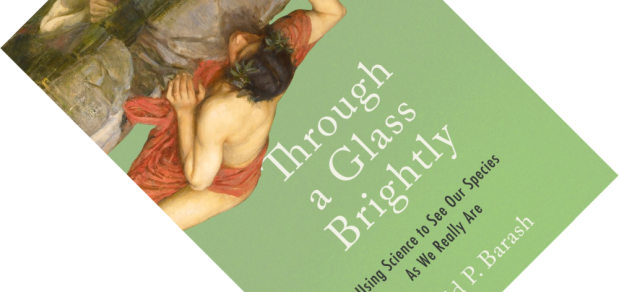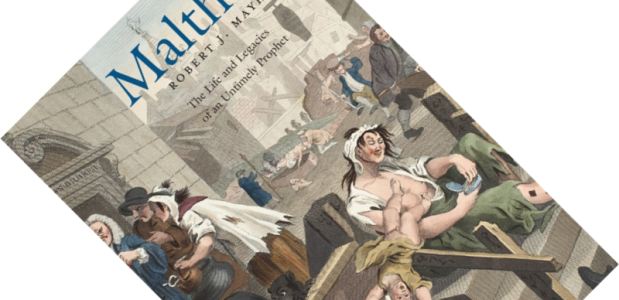7-minute read
There is an amusing and slightly acerbic acronym that has stuck with me from my days working at a computer helpdesk for an international oil firm: PICNIC. Short for “problem in chair, not in computer”, my colleagues used it as code whenever an employee rocked up at our helpdesk with a complaint or problem that was due to human clumsiness rather than malfunctioning hardware. “Did you check that the printer was plugged into the power socket?”
Nevertheless, says Artificial Intelligence (AI) researcher Robert Elliott Smith, our blind faith in computers and the algorithms that run them is misguided. Based on his 30 years experience working with AI, the aptly titled Rage Inside the Machine takes the reader on a historical tour of computing to show how today’s technology is both less amoral and more prejudiced than we give it credit for.









